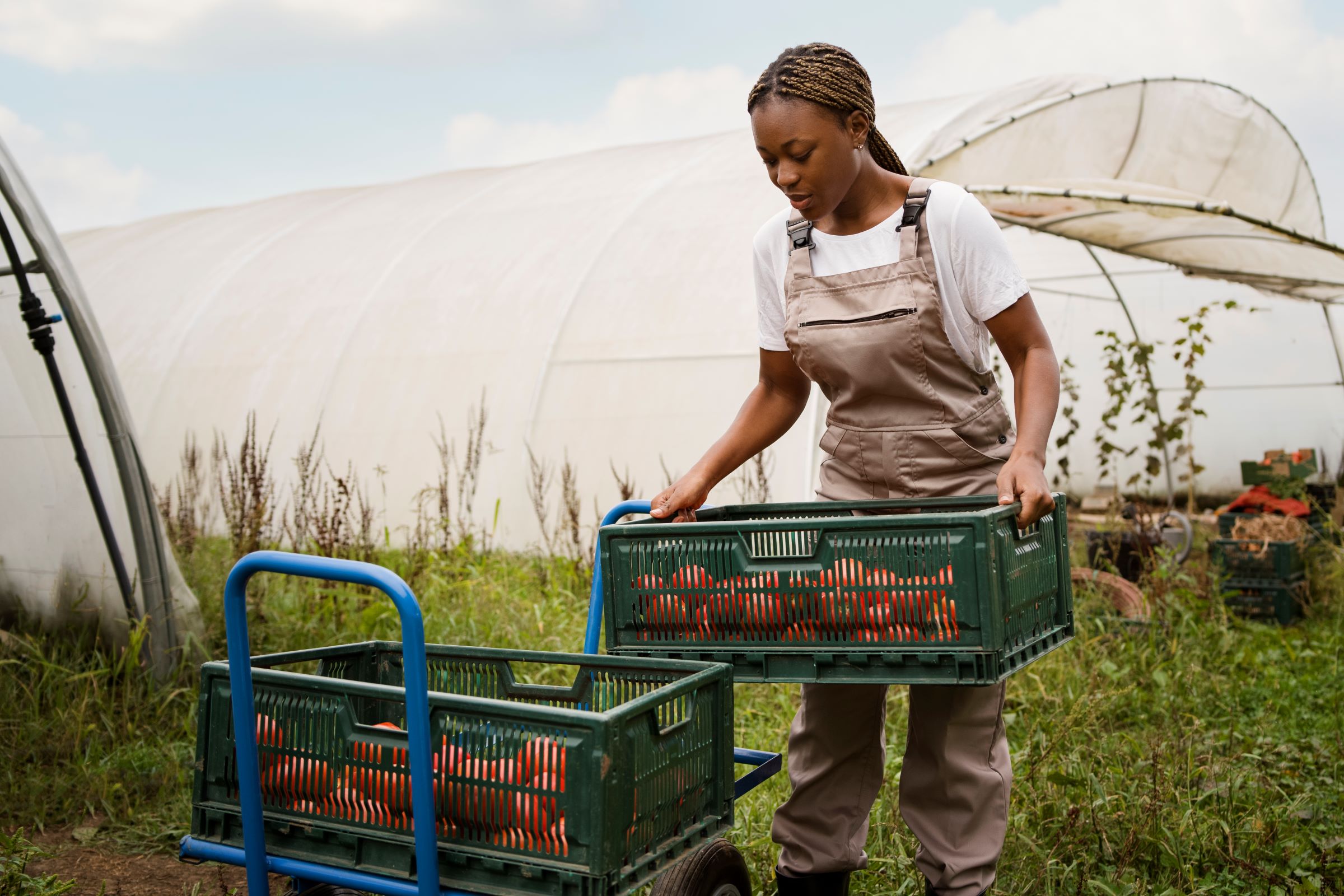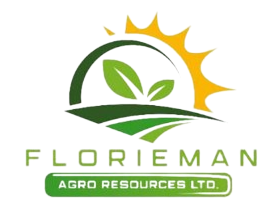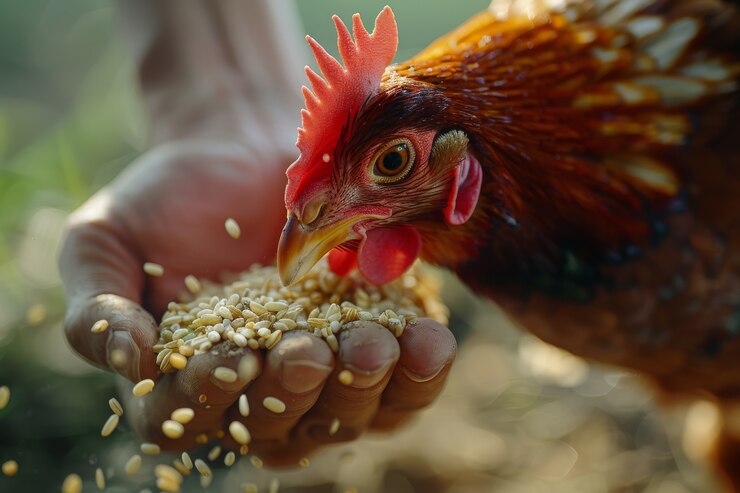Sustainable Farming Practices: Boosting Yield While Protecting the Environment

Introduction to Sustainable Farming
Sustainable farming is a holistic approach to agriculture that seeks to balance the need for food production with the preservation of environmental quality and social equity. Unlike conventional farming methods that often rely heavily on chemical inputs and intensive practices, sustainable farming emphasizes eco-friendly techniques that maintain soil health, conserve water, and enhance biodiversity.
In a world facing climate change and diminishing natural resources, sustainable farming has become crucial. It offers a path to producing enough food for the growing global population while minimizing harm to the environment and ensuring future generations can continue to farm effectively.
Key Sustainable Practices
Crop Rotation
Crop rotation involves changing the type of crops grown in a particular area across different growing seasons. This practice helps break cycles of pests and diseases, improves soil structure, and enhances nutrient cycling.
Benefits:
- Improved Soil Fertility: Different crops replenish nutrients that others deplete, maintaining a balanced soil ecosystem.
- Reduced Need for Chemical Fertilizers: Natural nutrient replenishment reduces dependency on synthetic inputs.

Water Conservation
Water conservation is essential in sustainable farming. Techniques such as drip irrigation and rainwater harvesting help use water efficiently and reduce wastage.
Benefits:
Integrated Pest Management (IPM)
Integrated Pest Management (IPM) combines biological, cultural, and chemical methods to control pests in an environmentally and economically sustainable way.
Benefits:
- Lowered Environmental Impact: Reduces the need for chemical pesticides, which can harm beneficial insects and contaminate water sources.
- Improved Crop Health: By using natural pest predators and crop rotation, plants are healthier and more resilient to pests and diseases.







